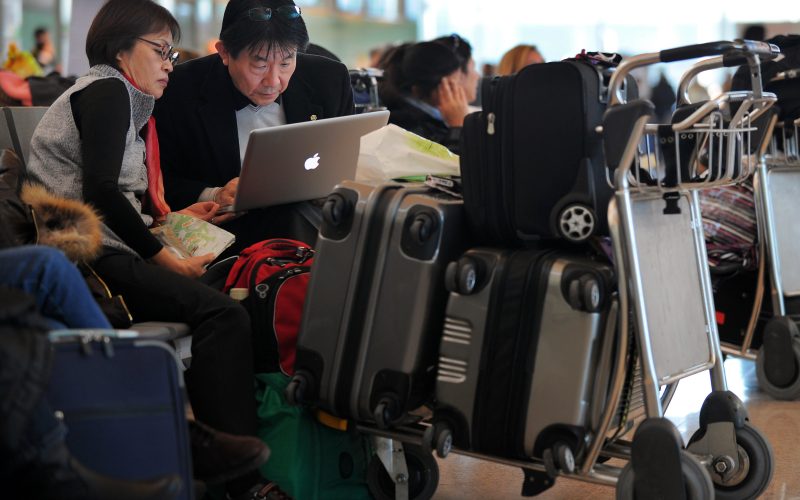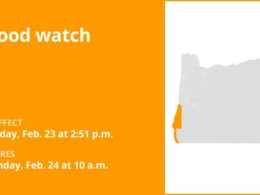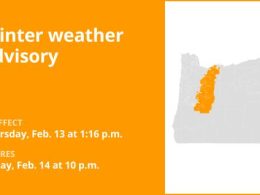The place you are going this summer is safe, so don’t worry. Using a VPN when traveling protects you from hackers.
Yes, you will always be covered by your travel insurance.
These three assumptions are among the riskiest ones you can make when you go this year.
Safe places can rapidly become perilous. One tool in your toolbox to protect your gadgets when traveling is a virtual private network (VPN).
And insurance for travel? Boy, oh boy. To put it simply, don’t assume something is covered if it’s not in the policy.
According to John Rose, chief risk and security officer at the international travel management firm ALTOUR, travelers frequently harbor a number of serious misconceptions.
With the world growing increasingly unsafe and more people traveling in 2025, many of these presumptions could put you in hot water.
First assumption: Everything will be covered by travel insurance
Jenna Hummer, a spokesperson for Squaremouth, believes that many tourists believe that travel insurance will cover every part of their 2025 vacations. All policies contain common exclusions that may impact a traveler’s coverage, even if they can cover a lot of travel-related accidents.
Policies differ greatly in their coverage, particularly with regard to exclusions such as pre-existing conditions or specific activities.
According to Robert Gallagher, president of the US Travel Insurance Association, it is imperative that travelers carefully examine their insurance to make sure it covers their unique needs, including adventurous activities, medical evacuation, and trip cancellations due to illness.
Benefits from health insurance are included in it. Additionally, many policyholders believe that they are covered by their domestic health insurance policies outside of the United States. Not always.
Lauren Gumport, a spokesperson for Faye Travel Insurance, adds that the majority of U.S. health insurance companies firmly restrict themselves to domestic coverage. For example, Medicare often does not offer coverage outside of the United States. Your insurance coverage may be restricted even if it does provide some overseas coverage.
There are limits to even credit card coverage. Many credit card insurance options have changed significantly in the last two years. These consist of reduced coverage, lowered restrictions, and, in rare situations, the total nullification of specific benefits.
According to Frank Harrison, regional security director of the Americas at World Travel Protection, these changes may come as a surprise to passengers who have traditionally placed a high value on the insurance coverage offered by their credit cards for travel-related precautions.
Why it’s so risky: Without insurance, you may have to pay for your medical coverage out of pocket, and in severe situations, you may not be able to receive life-saving treatment. Be informed before you leave.
Assumption 2: When you travel, your VPN will shield you from any online threats.
It won’t. According to Emily Belton, a privacy advocate for ExpressVPN, there is no real panacea for all hacks and intrusions. Maintaining the security of your travel accounts is best achieved by taking a multifaceted strategy.
81% of Americans, according to a recent ExpressVPN survey, have shared passwords with their spouses, which could jeopardize security. A VPN won’t be sufficient to keep you safe from an online travel fraud if your password has been hacked.
Never divulge your password, not even to someone you know and trust (or believe you trust), since this will help to keep you safe. Additionally, Belton advises using a password manager that lets you create unique, complicated passwords for each account. Additionally, the finest password managers will create one-time tokens for two-factor authentication, evaluate the quality of your passwords, and notify you of data breaches.
Belton goes on to say that not taking cybersecurity seriously is possibly the largest error made by consumers.
Why it’s so risky: When you travel, your gadgets are more vulnerable to threats like insecure Wi-Fi networks and border security’s prying eyes. Rogue networks can snoop at your credentials or infect your device with malware, leading to hacks like identity theft, while public Wi-Fi networks can share your data with outside parties. While you’re abroad, you can unintentionally give a bad actor access to your sensitive information.
Third Assumption: The location you’re going to this summer will be secure
Raymond Yorke, a representative for Redpoint Travel Protection, argues that travelers frequently believe that a place is still safe only because it was in the past. Environmental variables, crime, and political instability can all alter rapidly. For the most recent travel warnings and safety advice, always refer to the most recent government advisories, such as those issued by the CDC or the U.S. State Department.
Additionally, experts advise enrolling in the U.S. State Department’s Smart Traveler Enrollment Program (STEP) notifications.
Additionally, even if you believe you know the region well, err on the side of caution and arrange lodging in safer zones and travel with local guides. If 2024 has taught us anything, it is that circumstances may change suddenly.
Why it’s so risky: Safety warnings could alter at any time, and the geopolitical environment is expected to be more unstable than it has been in years. John Gobbels, chief operating officer of Medjet, an air medical transport and travel security program, recommends travelers to thoroughly research their destination in order to comprehend any potential health concerns, political or social conflicts, and weather or climate patterns. Make sure you understand the emergency procedures and how to get in touch with local authorities if you’re traveling to an area that frequently experiences natural catastrophes.
Do you want to travel in safety? Don’t assume anything in 2025.
Here is the golden guideline for 2025 if you’re worried about your safety when traveling: Don’t assume anything.
That advise is something I’m heeding. With all that’s happening in the Middle East, I’m keeping a close eye on the news and travel advisories as I prepare to travel to Dubai. Yes, I have a VPN, but I’ve also taken additional security measures, such as using two-factor authentication on my most important accounts and following other suggested password-protection guidelines. Additionally, my credit card, travel insurance, and travel medical insurance are all triple-redundant.
If I’ve learned anything from 2024, it’s that crystal-clear planning is in and crystal balls are out. The art of assumption-free travel becomes more than simply a skill; it becomes a survival strategy when you enter a world where even the most innocent tweet could start a global crisis and your favorite beach resort could suddenly decide to break out in rioting.
Remember to bring your research skills, skepticism, and the capacity to change course more quickly than a politician during an election year.
Travel advice
-
Flying with an infectious disease in 2025? Just don t. But what if other people do?
-
Travelers beware: This is the top safety threat in 2025
-
State park cabins and yurts are perfect for winter camping in Oregon. Here s how to snag one
Christopher Elliott is a journalist, author, and consumer advocate. He established Elliott Advocacy, a nonprofit that assists in resolving consumer issues. He is the publisher of the travel publication Elliott Confidential and the customer service news website Elliott Report. You can contact him here or send him an email at [email protected] if you need assistance with a customer issue.










